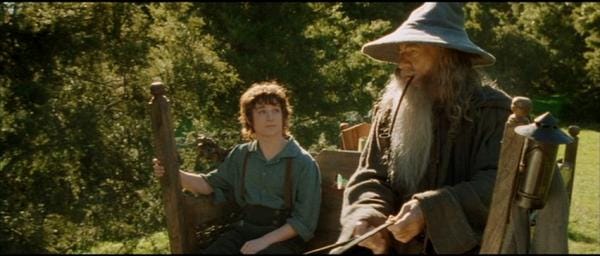Having a life-threatening illness has changed my views on old age. It seems like I am unable to feel sadness at a very old person dying.
When Chomsky's death was falsely announced on X/Twitter, there was a ritual (as it turned out premature) mourning but I could not join. When Daniel Dennett recently died at the age of 82, a philosopher I like and am influenced by, I did not feel sad.
No, my sense now when an old person I do not personally know dies is, “Well we're all mortal and I think you got a very fair share?”
I know there's no cosmic fairness. But still, it feels so unfair that selfish or outright harmful people can become so old and then wield disproportionate power, and then just keep on going, refusing to cede their place. They are not good ancestors. When you acquire power and it compounds over your lifetime, you have that more responsibility to try to make your legacy empowering and not a burden to others.
Old age like we experience now is rare (though older age occurred earlier in human evolution well before the advent of modern medicine, see my piece here). It is a privilege, and it comes with costs we should not dismiss, such as cognitive decline.
If I get to become old (this feels like bargaining, I can't help it) I will try my best to age into a good ancestor. Being a good ancestor entails a lot of responsibility.
Just for the sake of clarity, I don't think you literally need to have children to be an ancestor. For one thing, genetic DNA legacy gets lost and many people who had children have no meaningful genetic signature in the present genepool. You can watch a cool video on how this works here.
All past people did leave traces. They left minute, diffuse, traces of their existence in their words, gestures, interactions with others, that carry into the present. For example, they helped to shape the way we speak today. Spoken language is a great living human cultural achievement that has billions of architects. Past people whose names we have long forgotten also shaped the way we wield chopsticks or cutlery, our norms of politeness, our values and dreams. This makes archival work so fascinating and history so fiendishly difficult.
Rebecca Bratten Weiss has a beautiful essay on inheritance here. She asks what it means to inherit something (in this case, from her father). She goes on to discuss how inheriting things from our ancestors gives us some burdens and obligations, but we should not let our ancestors and predecessors dominate us. We should be able to shape our own future. Drawing on LOTR, she writes,
One of the most formative stories for my upbringing was J. R. R. Tolkien’s The Lord of the Rings saga, which I’ve read at least 20 times since I discovered it at age 8. It seems odd that Bilbo, knowing even a little of the peril of the ring, would pass it on to Frodo, or that Gandalf, knowing more, would encourage this. When Frodo comes into his inheritance, the One Ring becomes his responsibility. He can’t just toss it aside, but he can’t let it control and dominate him. That’s how inheritance works.
R. Bratten Weiss, US Catholic Magazine
So I think likewise, as ancestors, we should strive to not burden but empower the next generations.
I'm aware of how badly my generation and older generations that are still present are failing our descendants. It makes me sad every day.
If I can become old, I'll redouble my efforts for trying to help next generations make this world more beautiful and joyous. I'll try not burden them, as Frodo was burdened. But rather, I hope to empower them, through any of my writings or other things they choose to inherit.



